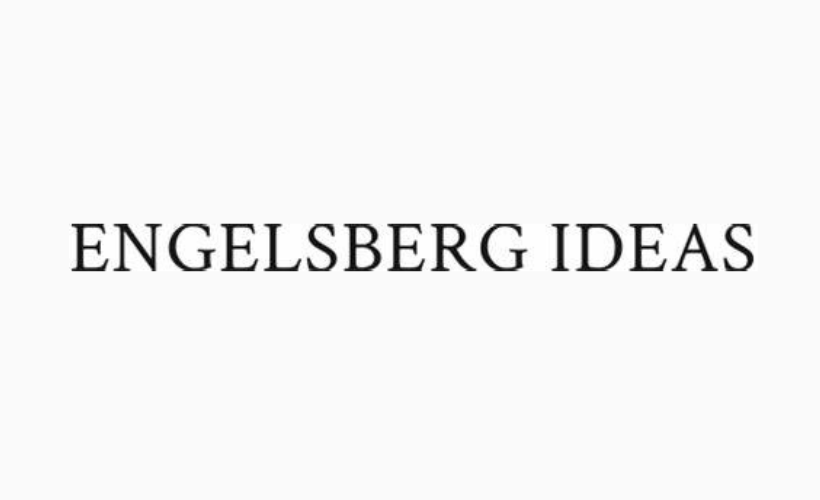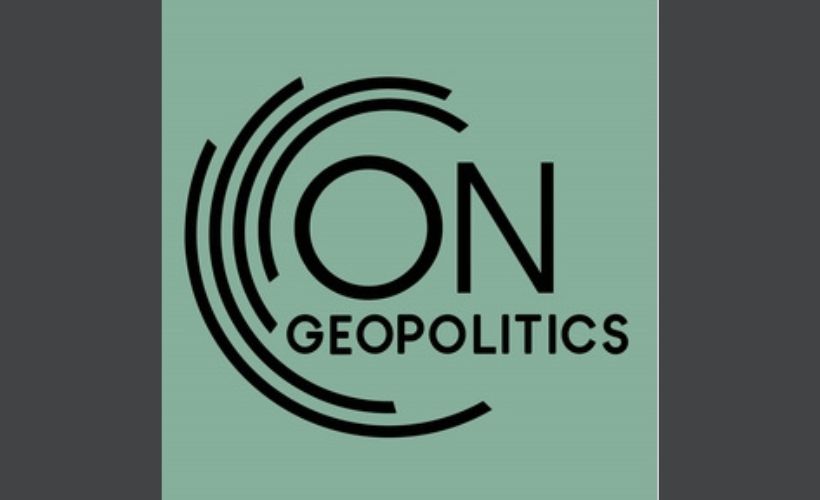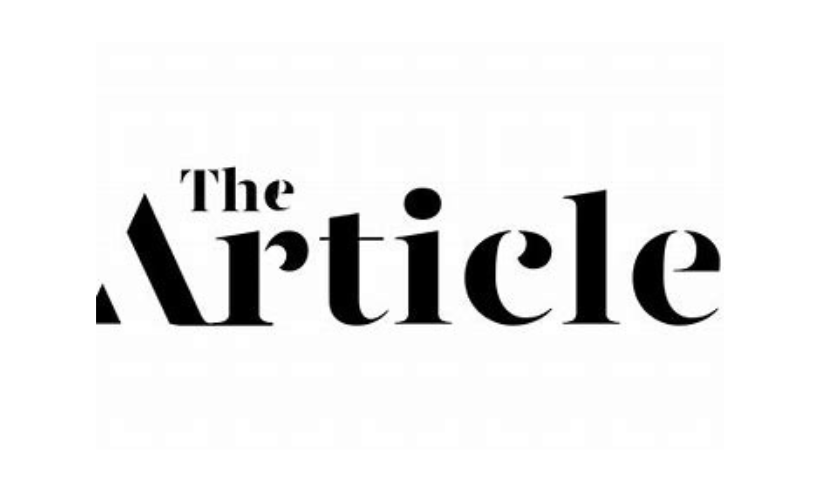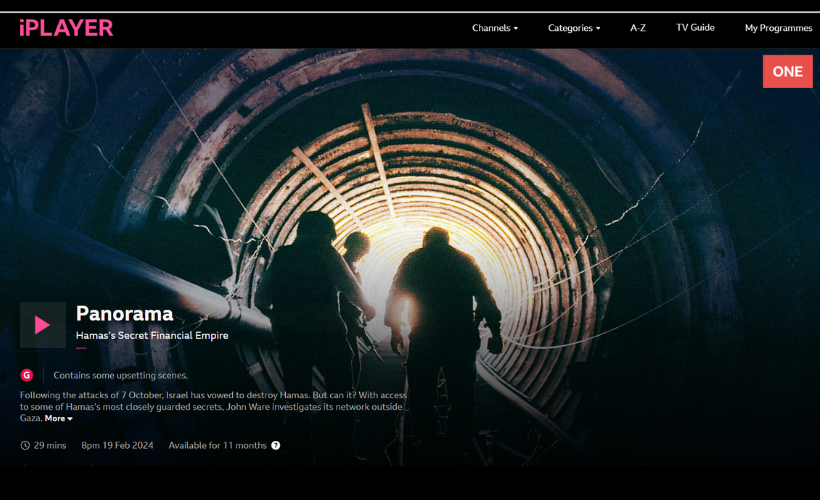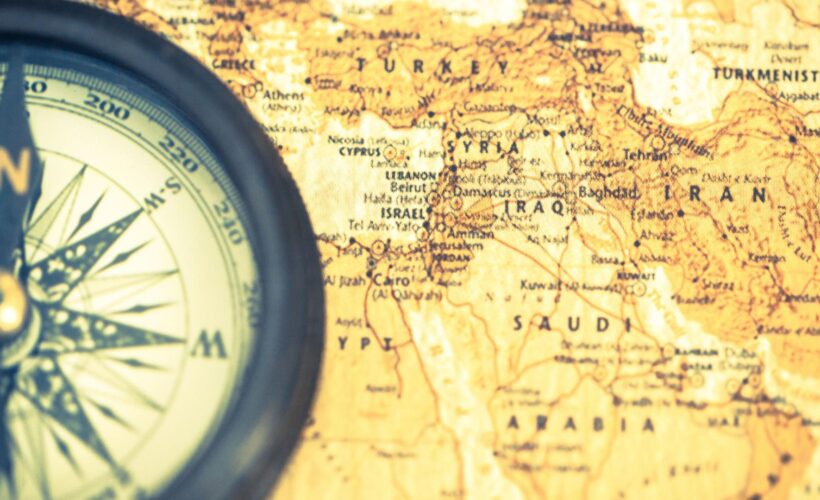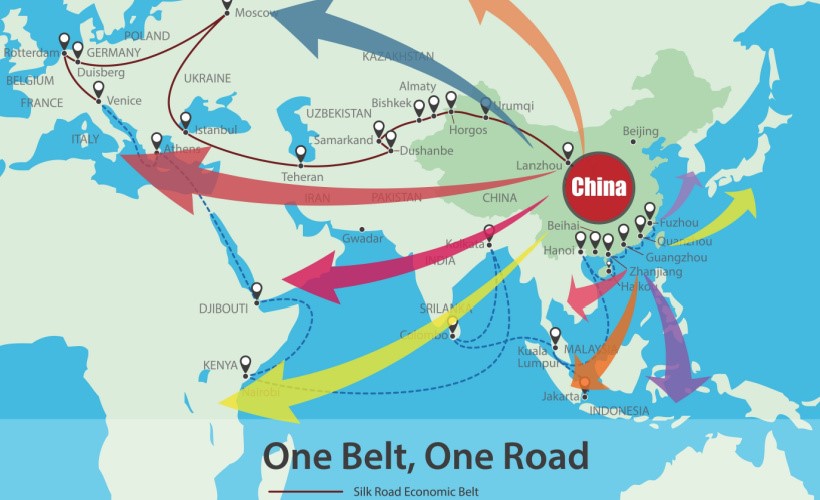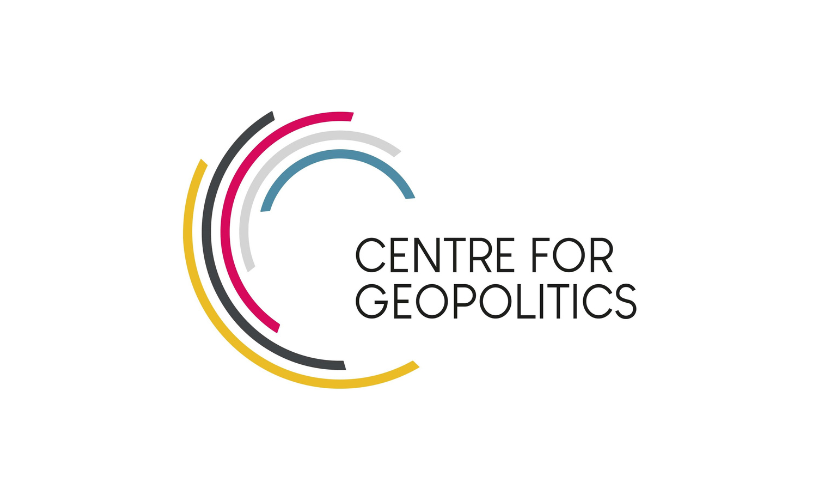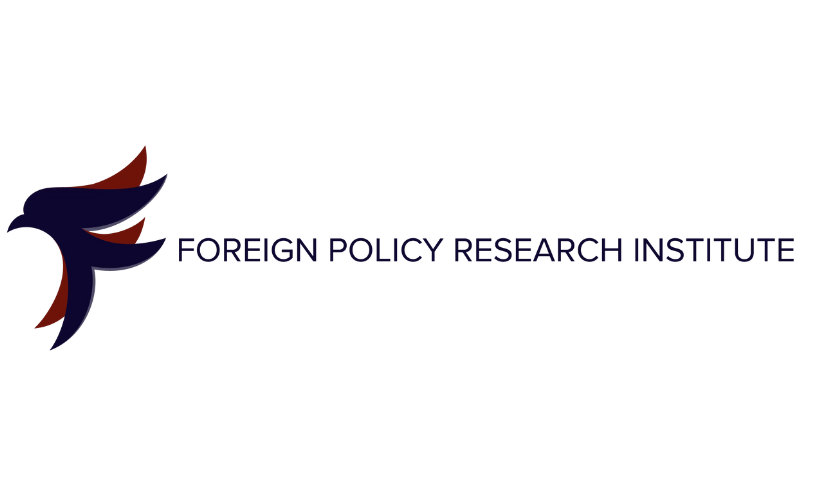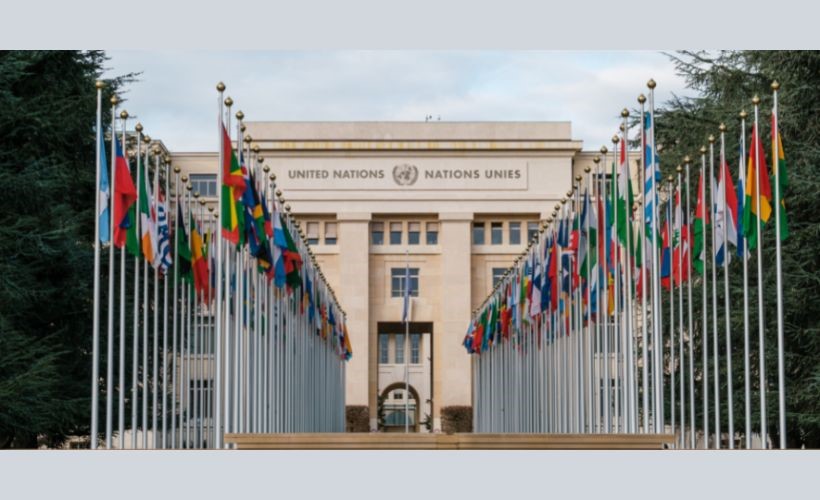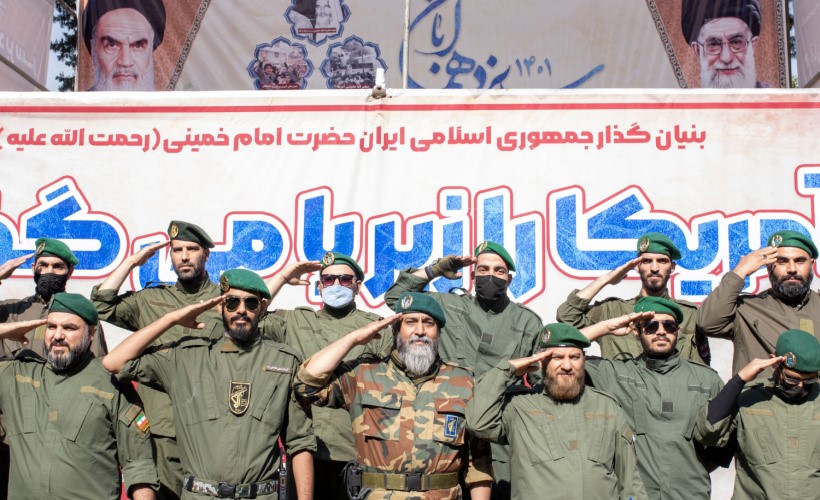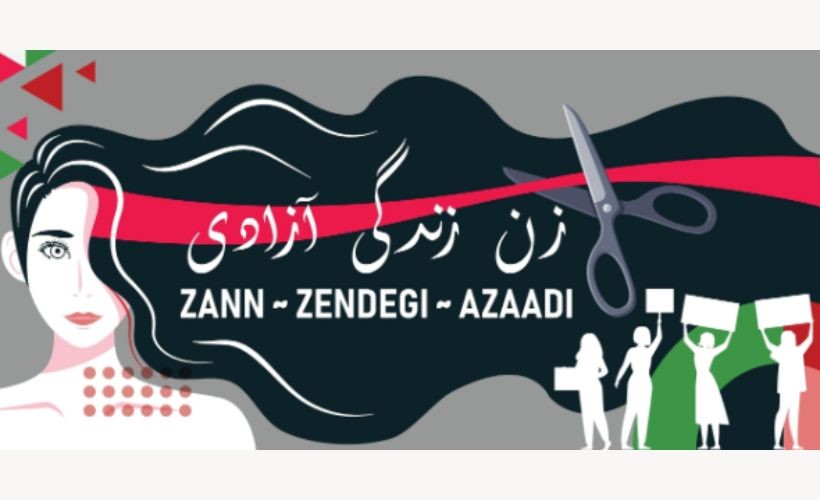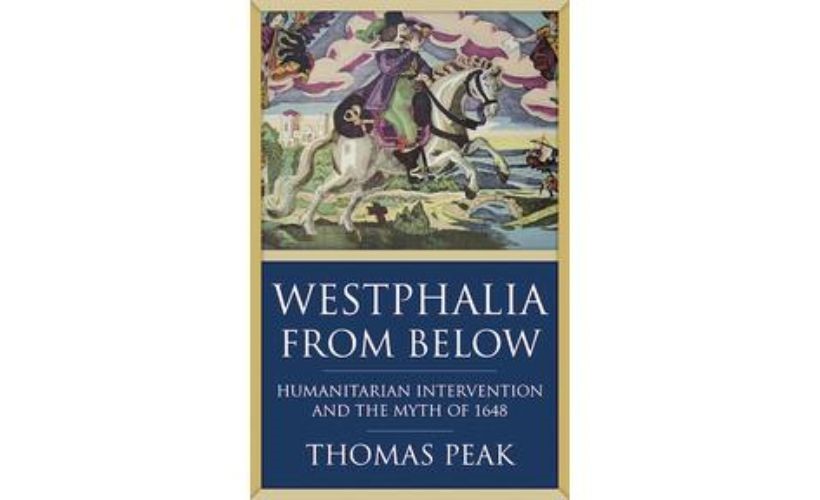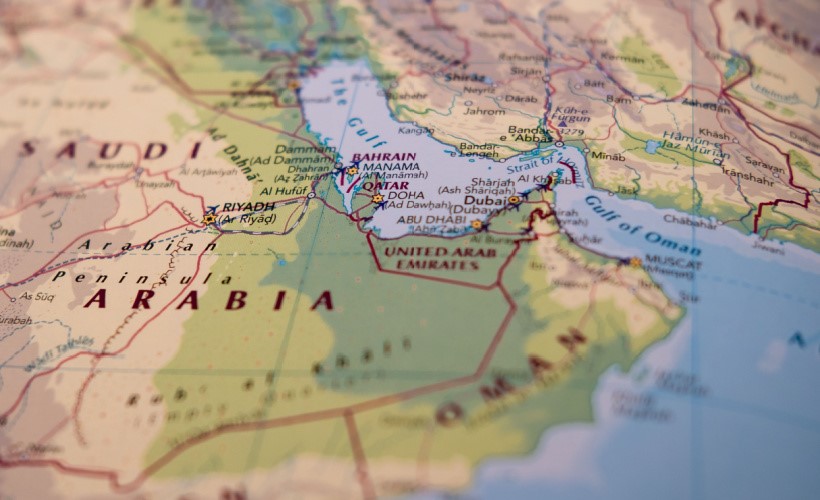The ‘Middle East’ is a contested term, arising out of 19th-century Western perspectives on lands that lay between Europe and the theatres – mainly in Asia or Africa – in which the imperial rivalries of states such as Britain, France, and Russia played out. Another more recent name for the area is West Asia. But ‘Middle East’ remains the standard term not just in English, French (Moyen Orient), or German (Mittelost) but in Arabic (al Sharq al Awsat) and Persian (khavar-e miyane). We therefore retain it here for convenience.
The exact geographical area which the term designates has not always been consistent. Here we use it to describe the easternmost extension of what is often called the Arab world, from Egypt to Lebanon, Israel, and the Occupied Palestinian Territories to the states of the Gulf and Yemen. They all have distinctive histories but have been united over the last century by a common experience of British and French colonialism, postcolonial development, conflict, American hegemony, and more recently a turn towards the east – to China, Russia, and into Central Asia.
Iran is an essential part of this mosaic, with economic, political, religious, and military ties extending from Jabel Amil to Aden, Beirut to Baghdad, and Manama to Al Hasa. We also include Turkey because of the widespread influence exercised by the Ottoman Caliphate and Empire both in its heyday and through the consequences of its collapse after WW1. Turkey has reemerged in recent years as a major economic and political actor in the region – and is also involved, like Iran, in many of its conflicts, notably in Syria and Iraq. There continue to be complex ideological interchanges between ruling systems and substate groups across the whole space.
The main programme through which we aim to contribute to the debate about the major policy issues relating to this region is ‘A New Westphalia for the Middle East’. The Westphalian settlement of 1648, and its subsequent application – and modification – over the next 250 years, provide a prism through which we aim to consider possible solutions to what seems like endemic conflict in the region. The political sociologies of 17th-century Europe and the contemporary Middle East are, of course, different in many ways. And the understanding of the law of nations in the European and Islamic traditions also varies Yet there are striking commonalties. By seeking to understand both what is different and what is shared in the two historical trajectories, we hope to shed new light both on how the West has often understood the region and how the region both understands itself and is actively engaged in finding its own answers to the perennial question of conflict resolution. By thinking differently about the nature of the state system, we can think differently about solutions for inter-state conflict.
Subject to funding, we hope to broaden the scope of the current programme to include economic and social matters. In the future, we might aim also to extend our activities to take in North Africa, a major and – in Britain at least – understudied area of interest.




